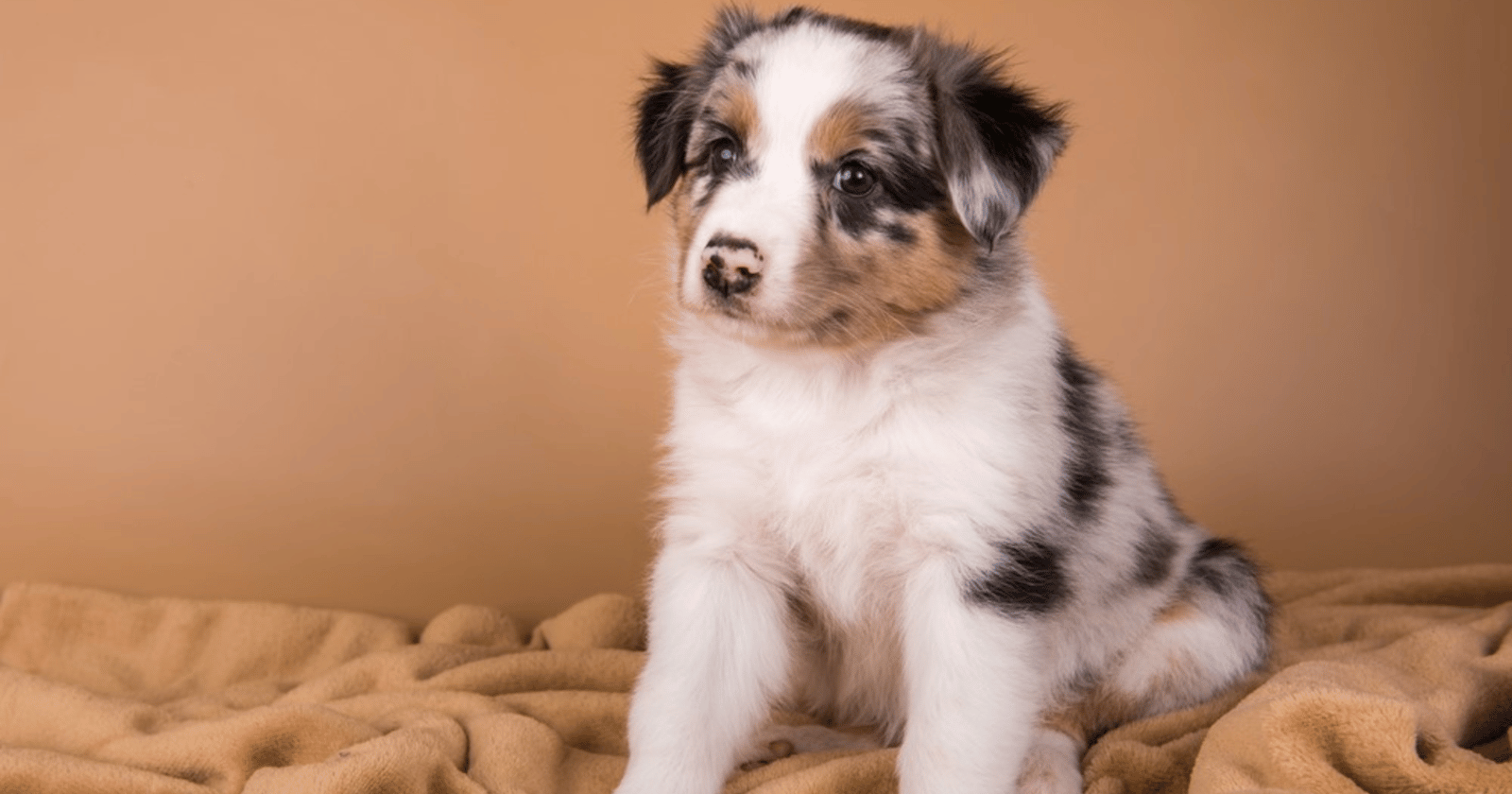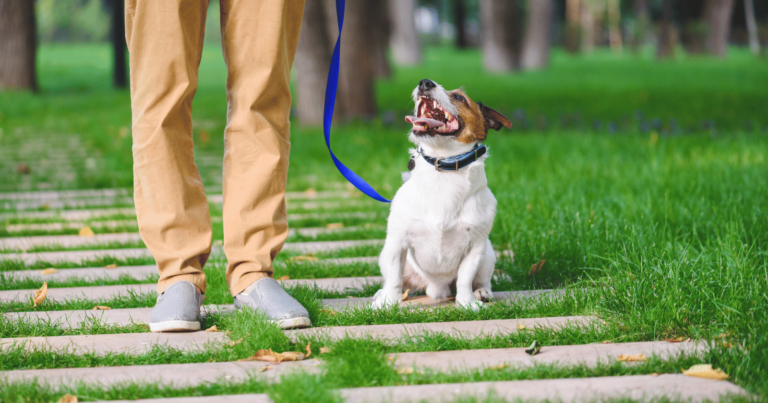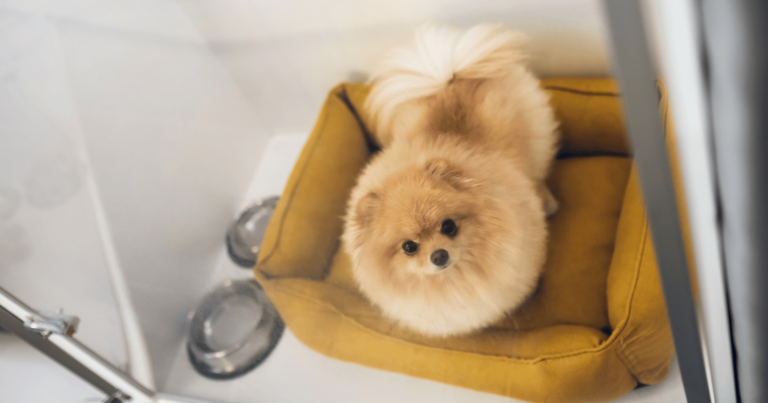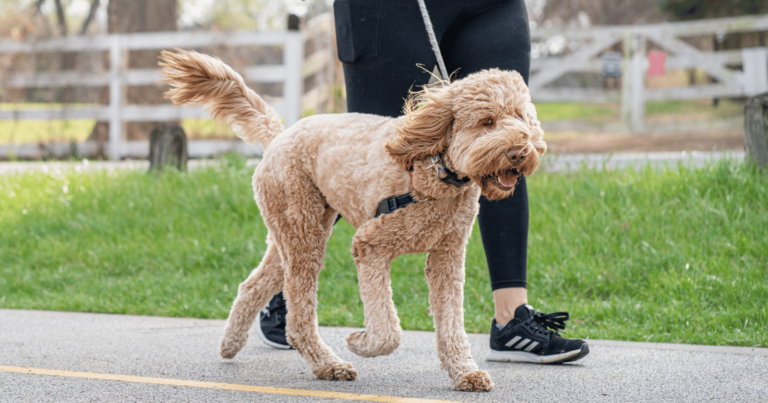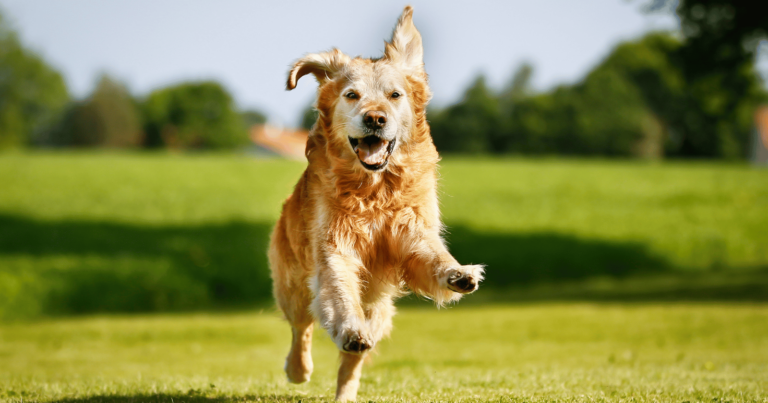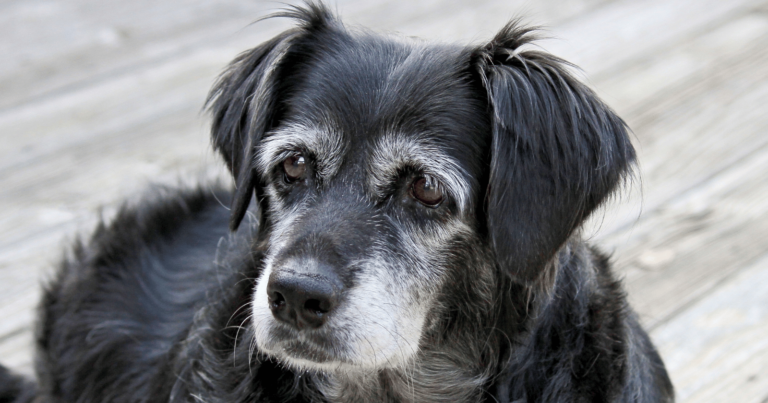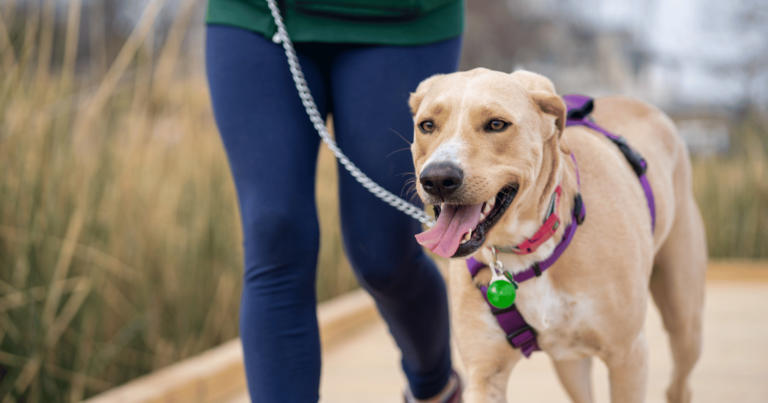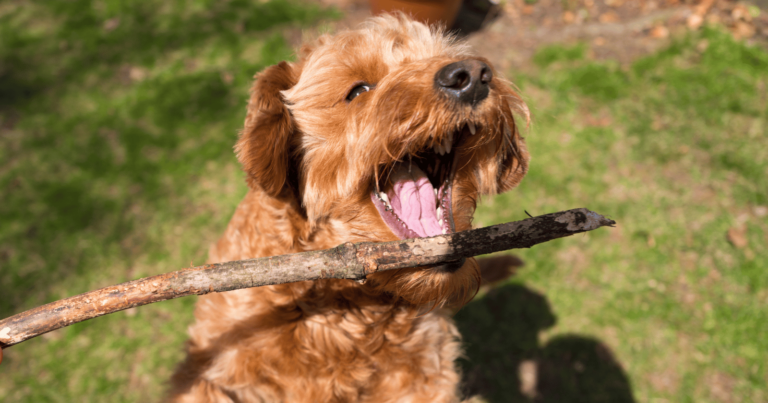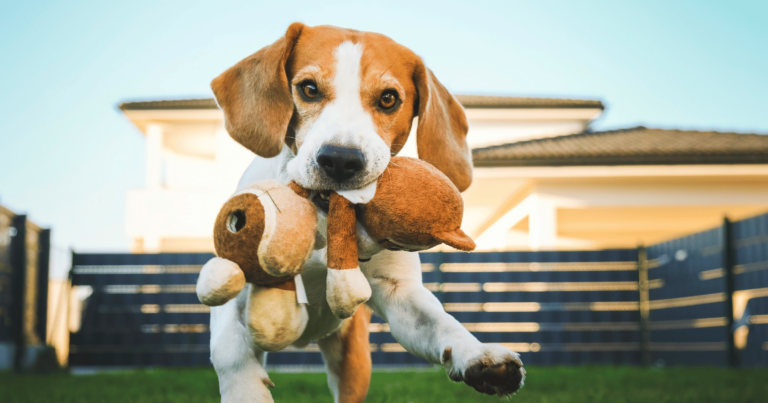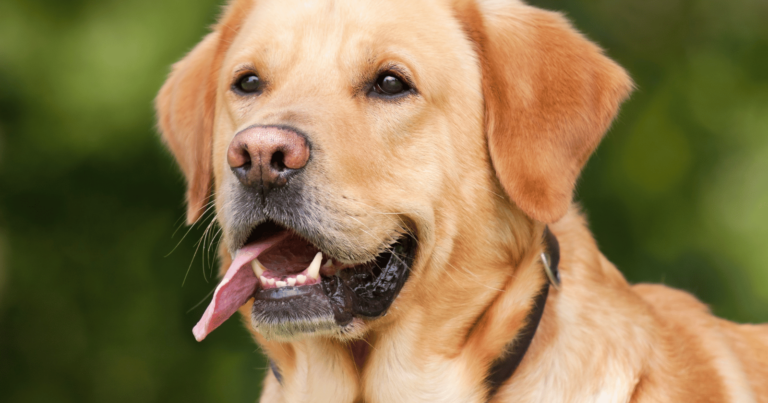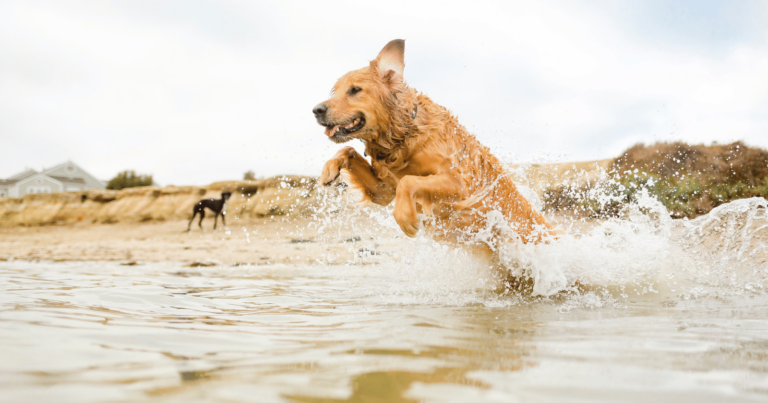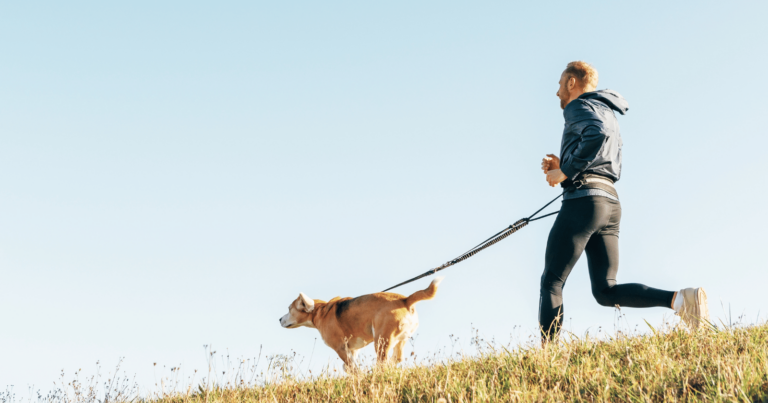Balancing a full-time job and a new puppy can feel like walking a tightrope.
Having a puppy is almost like having a toddler.
They’re curious, energetic, and need a lot of attention.
But what do you do when your job demands the same?
Caring for a puppy while working full time isn’t easy, but it’s not impossible.
You just need to have the right strategies in place.
Whether you’re a first-time pet owner or adding another furry friend to your family, I’ve got some tips for you.
Here are 8 helpful pointers on how to take care of your puppy while you’re out earning the bacon.
1. Start crate training early
You’ve probably heard the saying, “preparation is key”.
When it comes to balancing work and puppy care, nothing could be truer.
One of the most effective strategies is to start crate training your puppy early.
This isn’t about locking them up for hours – that would be cruel and counterproductive.
It’s about creating a safe, comfortable space your puppy can retreat to when you’re not around.
Crate training is a gradual process.
It starts with short periods where you encourage your pup to enter their crate voluntarily, using treats or toys as motivation.
With time, they’ll associate the crate with positive experiences and feel comfortable spending time there.
Remember, the goal is to make the crate a haven for your puppy, not a prison.
And while it might seem daunting at first, trust me – it’ll pay off in the long run.
2. Set a consistent schedule
From my own personal experience, I cannot stress enough the importance of consistency, especially when it comes to puppies.
When I first brought home my golden retriever, Bella, I quickly realized that puppies thrive on routine.
They love knowing what to expect and when to expect it.
This is just as true for their mealtimes as it is for their playtimes.
So, I mapped out a schedule that would mimic my work routine.
Feeding times were set in the morning before I left for work and in the evening when I came back.
We had playtime and walks scheduled around these fixed points.
Having this routine helped Bella understand when she could expect me to be home and when she would be alone.
It also helped with her toilet training – she quickly picked up on the times she would be let out for bathroom breaks.
Sticking to this schedule wasn’t always easy, especially on hectic days at work.
But seeing Bella’s progress made it all worth it.
It gave her a sense of security and helped manage her anxiety when I was away.
So, from one busy pet parent to another – consistency really is key!
3. Invest in interactive toys
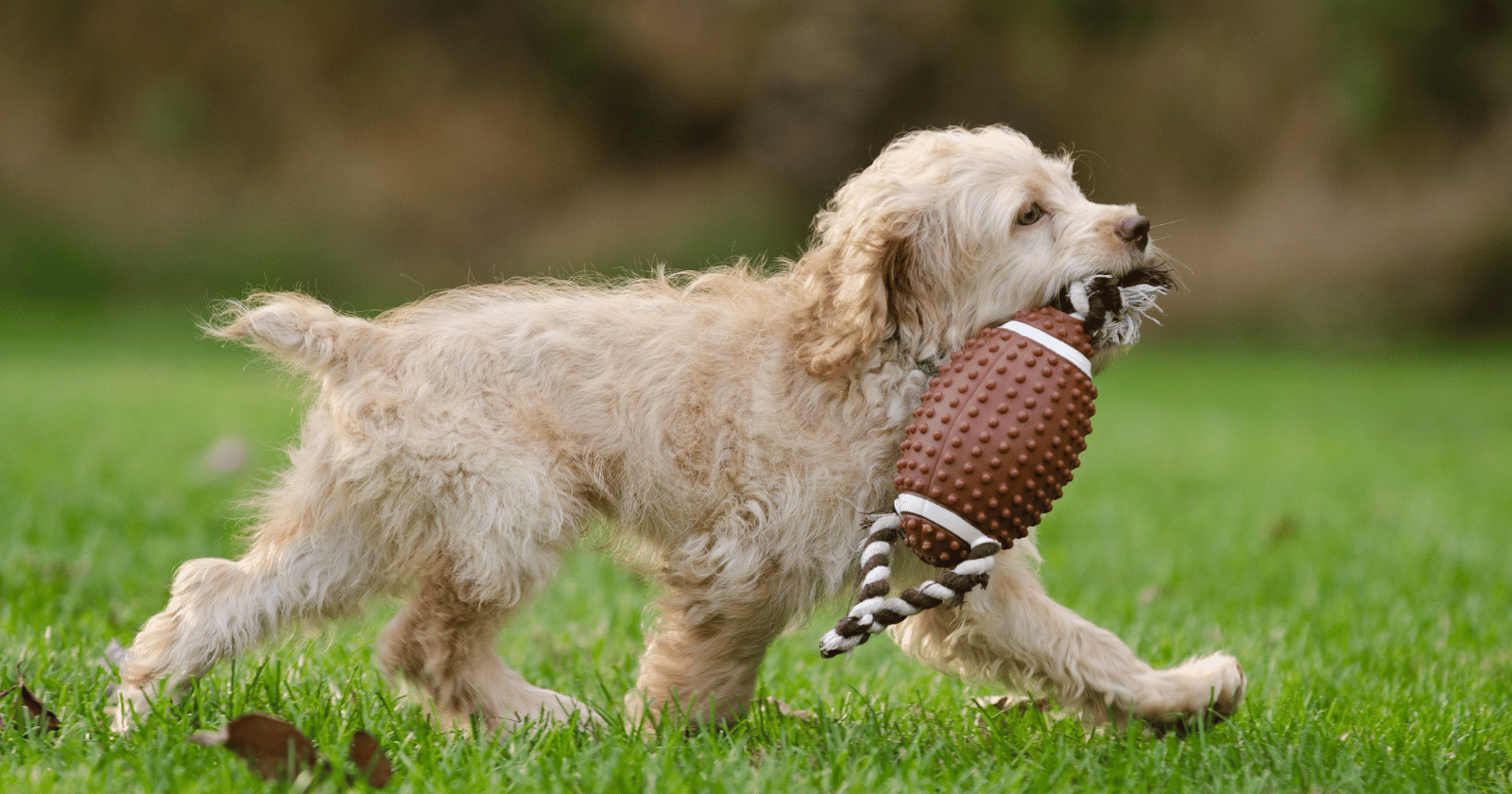
You might be surprised to know that dogs, especially puppies, are quite similar to humans when it comes to boredom.
They need mental stimulation to stay happy and healthy.
Interactive dog toys are a great solution for this.
They’re designed to challenge your puppy mentally and keep them occupied for extended periods.
Some of these toys have compartments where you can hide treats or kibble.
The challenge for your pup is to figure out how to get the food out.
This not only keeps them entertained, but it also slows down their eating – a useful trick if your puppy tends to gulp their food.
4. Hire a dog walker or pet sitter
Even with the best toys and the most comfortable crate, your puppy still needs human interaction and exercise during the day.
This is where a dog walker or pet sitter comes in.
Having someone drop by in the middle of the day to give your puppy some attention, playtime, and a nice walk can make a huge difference.
It breaks up their day, helps expend some energy, and reduces any feelings of loneliness.
There are plenty of services out there that can help you find trusted dog walkers or pet sitters in your area.
While it’s an added cost, the peace of mind knowing your pup is being cared for while you’re at work is worth every penny.
5. Make use of technology
We’re living in a digital age, and that extends to pet care.
There are numerous gadgets and apps out there designed to help you take care of your puppy even when you’re not around.
Consider investing in a pet camera.
These nifty devices not only allow you to check in on your pup during the day, but some also let you interact with them.
Certain models come equipped with two-way audio, allowing you to soothe your pup with your voice.
Some even have a treat dispenser so you can give your furry friend a midday snack.
There are also smart doggy doors that can be controlled remotely, allowing your puppy access to a secure yard for bathroom breaks.
6. Spend quality time together
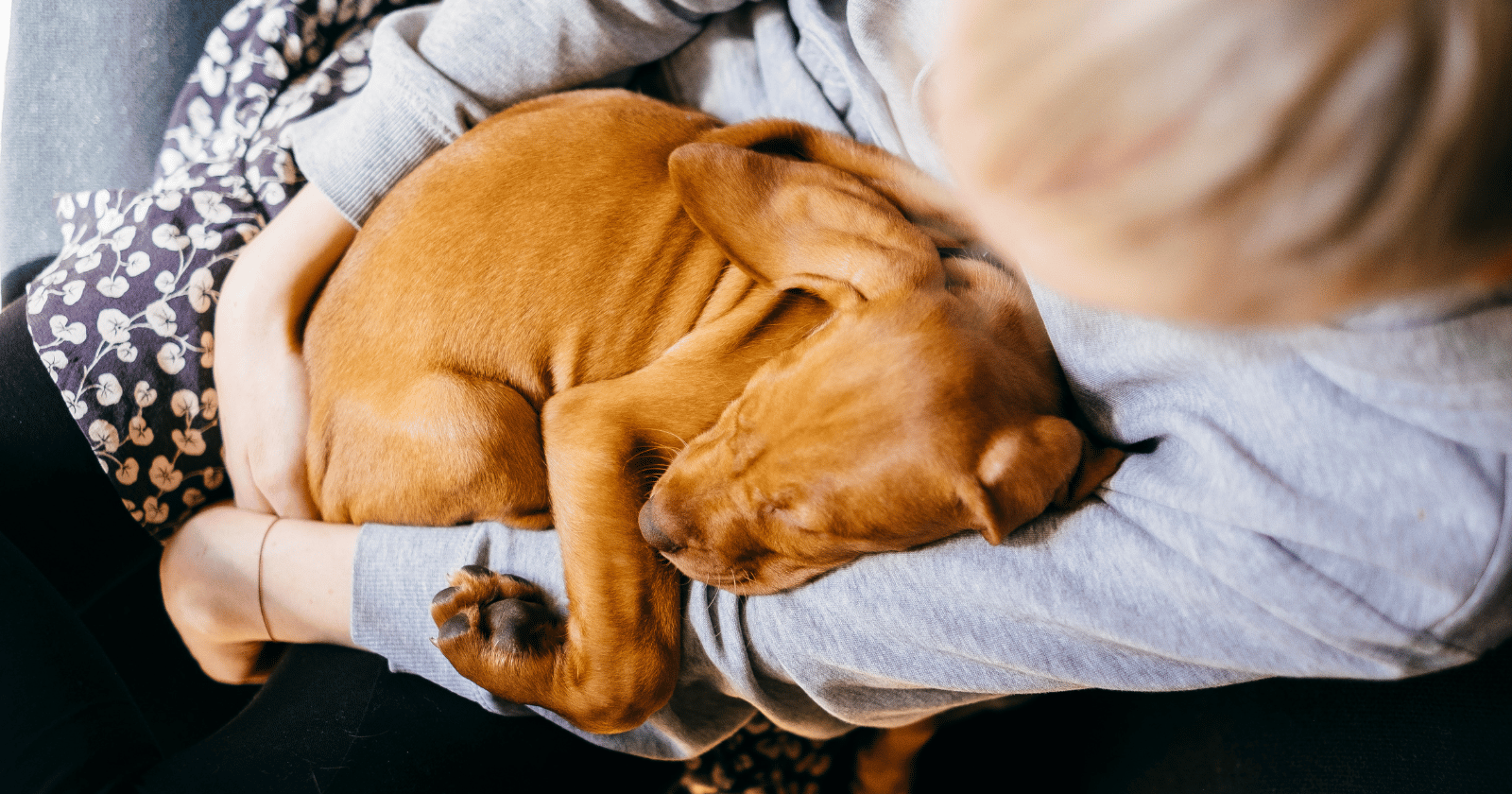
At the end of a long workday, nothing beats coming home to the excited wagging tail of your puppy.
Those few moments when you walk through the door can be the highlight of your pup’s day.
It’s not just about the walks or the mealtimes – it’s about the love and attention you give them.
This is where you build that deep, emotional bond with your puppy.
Make sure to carve out some quality time each day, no matter how tired or busy you are.
Play a game of fetch, cuddle on the couch, or just talk to your pup about your day.
Their understanding might only extend to the tone of your voice, but trust me, they’re listening.
And they’re appreciating every moment of it.
7. Be prepared for accidents
Training a puppy is a journey, and like all journeys, there are going to be bumps along the road.
One of those bumps is toilet training.
I’ll be honest, no matter how well you train your puppy or how consistent you are with their schedule, accidents will happen.
There were days when I’d come home from work to find a mess waiting for me.
It was frustrating, but it was also a part of the process.
Your puppy is just a baby.
They’re still learning and they won’t get everything right the first time, or even the tenth time.
When these accidents happen, it’s important to remember not to punish your puppy.
Instead, clean up the mess calmly and carry on.
Reinforce their training and reward them when they do get it right.
8. Feed them a balanced diet
Just like us humans, puppies need a balanced diet to grow and develop properly.
The food they eat plays a crucial role in their overall health and well-being.
Puppies require more protein, fat, and certain vitamins and minerals compared to adult dogs.
They also need to eat more frequently – typically three to four times a day.
It’s important to choose a high-quality puppy food that is appropriate for their breed size and follow the feeding guidelines provided.
Overfeeding can lead to obesity, which can cause numerous health issues.
Also, remember that puppies have small stomachs, so it’s better to give them smaller meals more frequently rather than one large meal.
This also helps with toilet training as it gives you more opportunities to take them outside for bathroom breaks.
Patience and love are key
Above all else, remember that raising a puppy requires a lot of patience and love.
There will be sleepless nights, chewed-up shoes, and countless accidents.
But there will also be moments of pure joy, laughter, and unconditional love.
Your puppy is not just a pet, but a member of your family.
They look up to you for guidance, protection, and love.
And in return, they offer you their unwavering loyalty and affection.
So take a deep breath, embrace the journey, and remember – every challenge you face is just a stepping stone towards a lifetime of companionship with your furry friend.


